To deepen students' understanding of the tourism industry in Southwest China and promote the organic integration of theoretical learning and practical experience, as well as to expand their research horizons, Ph.D. and master students from the Faculty of Hospitality and Tourism Management (FHTM) at Macau University of Science and Technology (M.U.S.T.), led by Assistant Dean Zhang Yang, conducted a visit and learning activity on 'Ethnic Village Tourism Development Exchange' in Sichuan Province from December 3rd to 9th 2023. The Education Fund of the Macao Special Administrative Region Government sponsored the workshop.
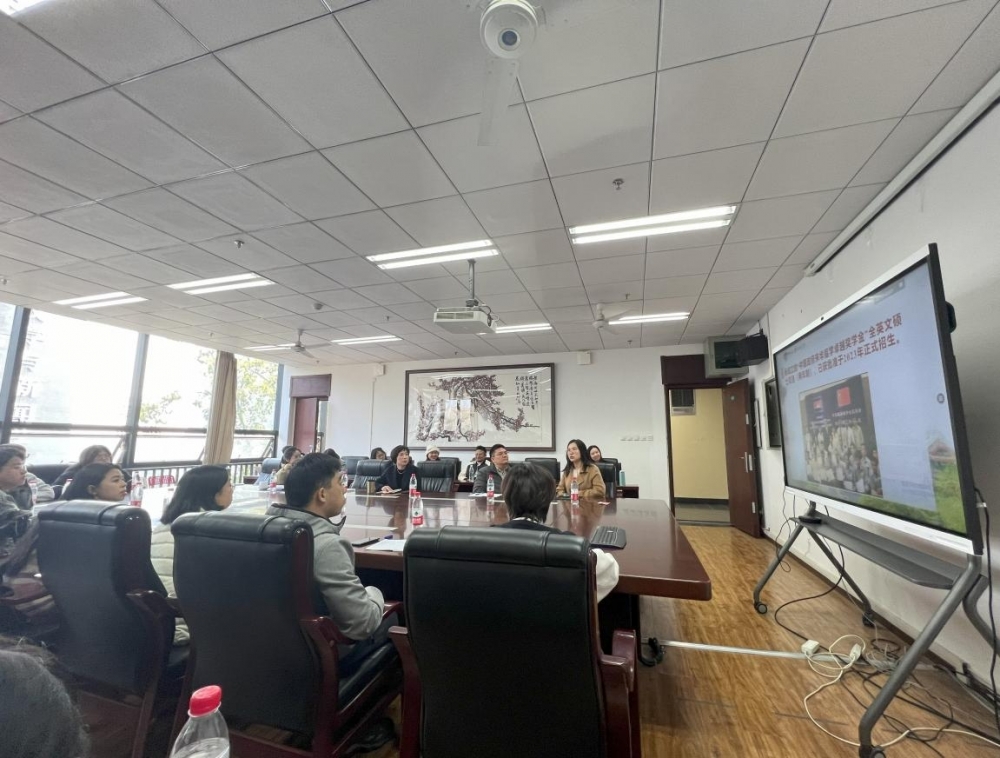
Visit to the School of Historical and Cultural Tourism at Sichuan University.
The group first visited the School of Historical and Cultural Tourism at Sichuan University, where they exchanged views on research topics of mutual interest and research cooperation with the faculty and students. Afterward, they headed to the Wuhou Shrine Museum in Chengdu, the Jinli Cultural District, the Kuanzhai Alley Cultural District, the Chengdu Research Base of Giant Panda Breeding, and the Dujiangyan World Cultural Heritage Site. In addition, their visit included Taoping Qiang Village in Aba Tibetan and Qiang Autonomous Prefecture, Jiuzhaigou World Natural Heritage Site, and surrounding Tibetan villages. While they visited traditional Tibetan and Qiang dwellings, they had the opportunity to interact with residents. After examining the unique alpine karst waterscapes and biodiversity of Jiuzhaigou, the gropu visited the Jiuzhaigou Scenic Area Smart Monitoring Center, UNESCO International Centre for Space Technologies for Natural and Cultural Heritage Jiuzhaigou Workstation, and related laboratories. Moreover, an important goal of this visit was to train students in using interview methods for research. Therefore, some members conducted open interviews with relevant staff from the Dujiangyan Scenic Area Management Committee and Jiuzhaigou Scenic Area Administration on issues such as the sustainable development of the scenic area and the role and function of government agencies in tourism development.
This activity provided the graduate students with a rare opportunity for in-depth field learning and research at ethnic tourism destinations, increasing their understanding of minority cultures, cultural heritage resource development planning in the tourism industry, and sustainable development of destinations. It also enriched their understanding of ethnic minority cultural heritage protection in tourism development and the collaborative development of communities and scenic areas.
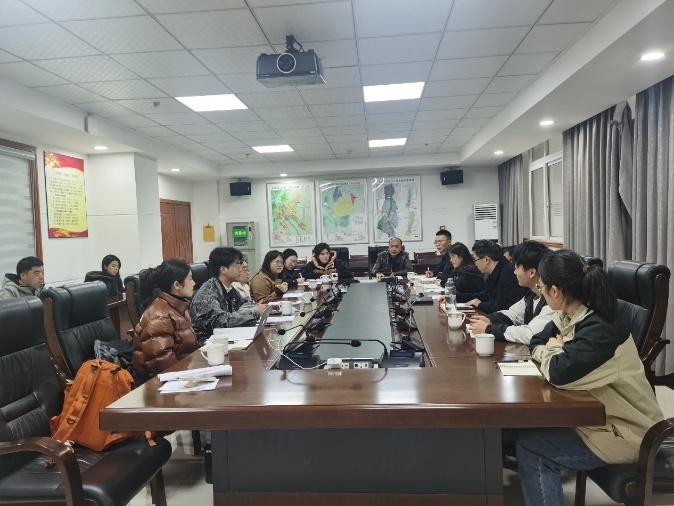
Discussion with the Dujiangyan Scenic Area Management Committee
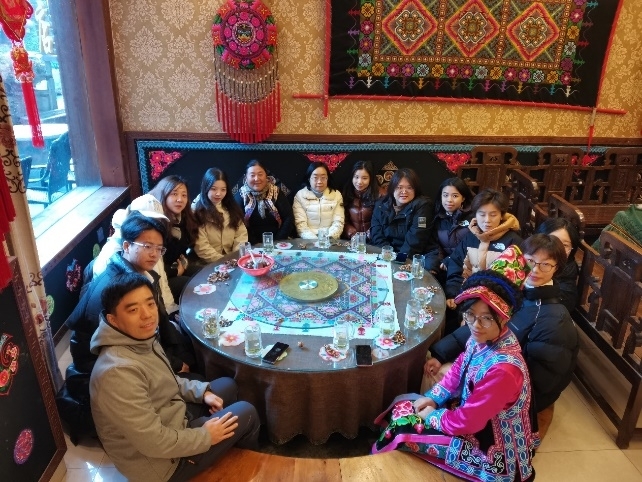
Interview with Li Xingshow, a National-level Intangible Cultural Heritage Inheritor of Qiang Embroidery, in Taoping Qiang Village
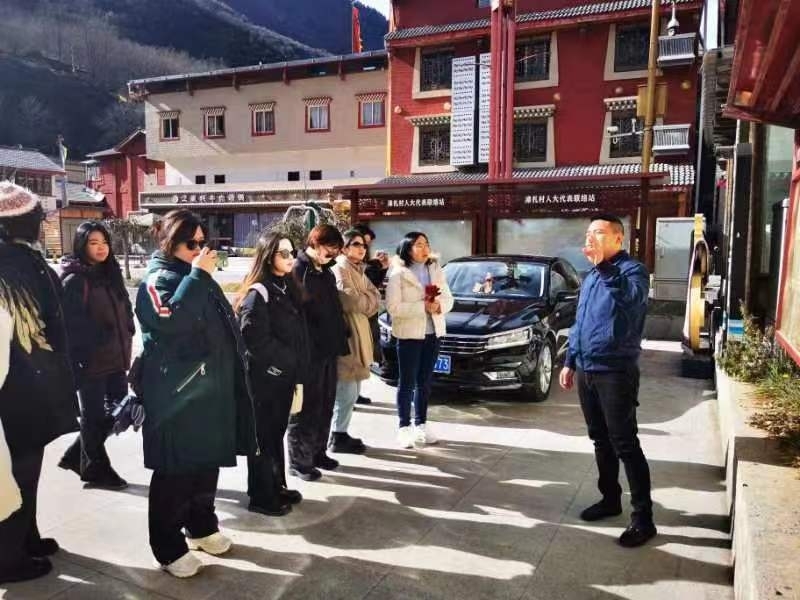
Visit to Zhangza Village, a Tibetan Village Near the Jiuzhaigou Scenic Area
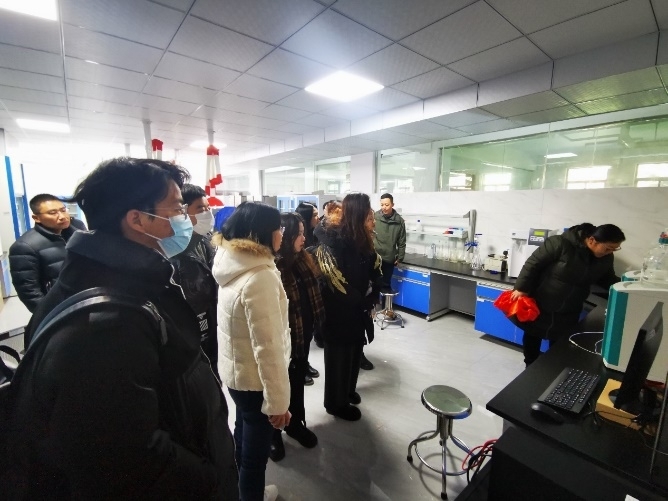
Visit to the Hydrology and Meteorology Laboratories at the Jiuzhaigou Scientific Research Monitoring Station
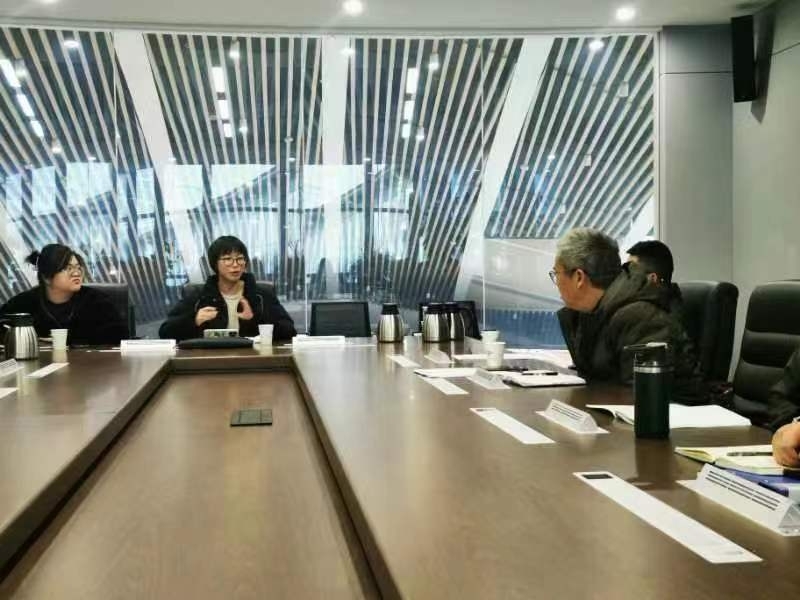
Group Member Wang Ke Discussed Issues of Sustainable Development with Jiuzhaigou Scenic Area Administration Staff





